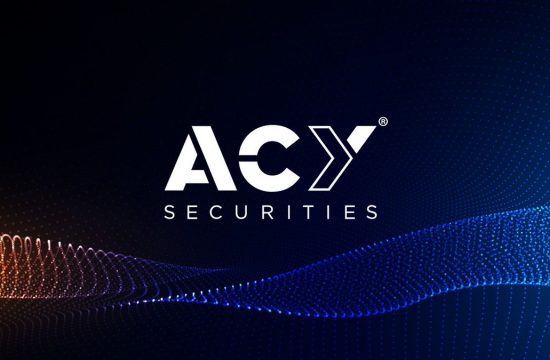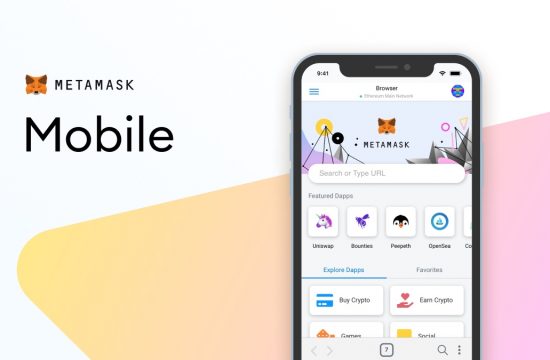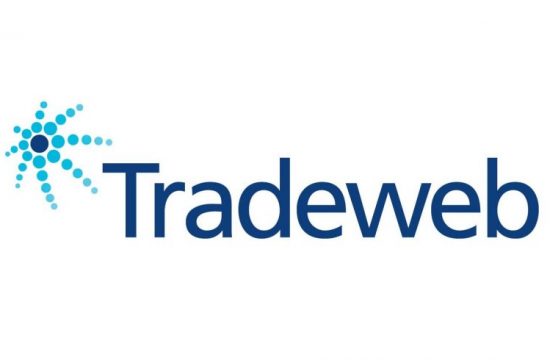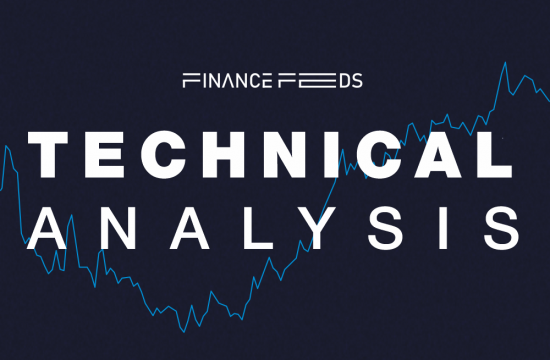The CARF will look to ensure transparency with respect to crypto-asset transactions through automatically exchanging such information with the jurisdictions of residence of taxpayers on an annual basis, in a standardised manner similar to the CRS.

The OECD’s Crypto-Asset Reporting Framework (CARF) has responded to a G20 request to develop a framework for the automatic exchange of information between countries on crypto-assets.
The CARF will present its work to G20 Finance Ministers and Central Bank Governors at their next meeting on 12-13 October in Washington D.C, as part of the latest OECD Secretary-General’s Tax Report.
The new global tax transparency framework, developed together with G20 countries, covers the reporting and exchange of information with respect to crypto-assets and comes against the backdrop of a rapid adoption of the use of crypto-assets for a wide range of investment and financial uses.
Common Reporting Standard has been very successful against tax evasion
OECD Secretary-General Mathias Cormann said: “The Common Reporting Standard has been very successful in the fight against international tax evasion. In 2021, over 100 jurisdictions exchanged information on 111 million financial accounts, covering total assets of EUR 11 trillion. Today’s presentation of the new crypto-asset reporting framework and amendments to the Common Reporting Standard will ensure that the tax transparency architecture remains up-to-date and effective.”
Crypto is unlike traditional financial products as they can be transferred and held without the intervention of traditional financial intermediaries, such as banks, and without any central administrator having full visibility on either the transactions carried out or on crypto-asset holdings. In addition, many crypto-asset exchanges and wallet providers remain unregulated.
As crypto assets are not comprehensively covered by the OECD/G20 Common Reporting Standard (CRS), it is likely that they will be used for tax evasion.
The CARF will look to ensure transparency with respect to crypto-asset transactions through automatically exchanging such information with the jurisdictions of residence of taxpayers on an annual basis, in a standardised manner similar to the CRS.
Any digital representation of value that relies on a cryptographically secured distributed ledger or a similar technology to validate and secure transactions will be targeted by the CARF.
All cryptos, excluding the ones that cannot be used for payment or investment purposes, will be targeted by the CARF, which will require the cooperation of entities or individuals that provide services effectuating exchange transactions in crypto-assets for, or on behalf of customers. The will be obliged to report under the CARF.












